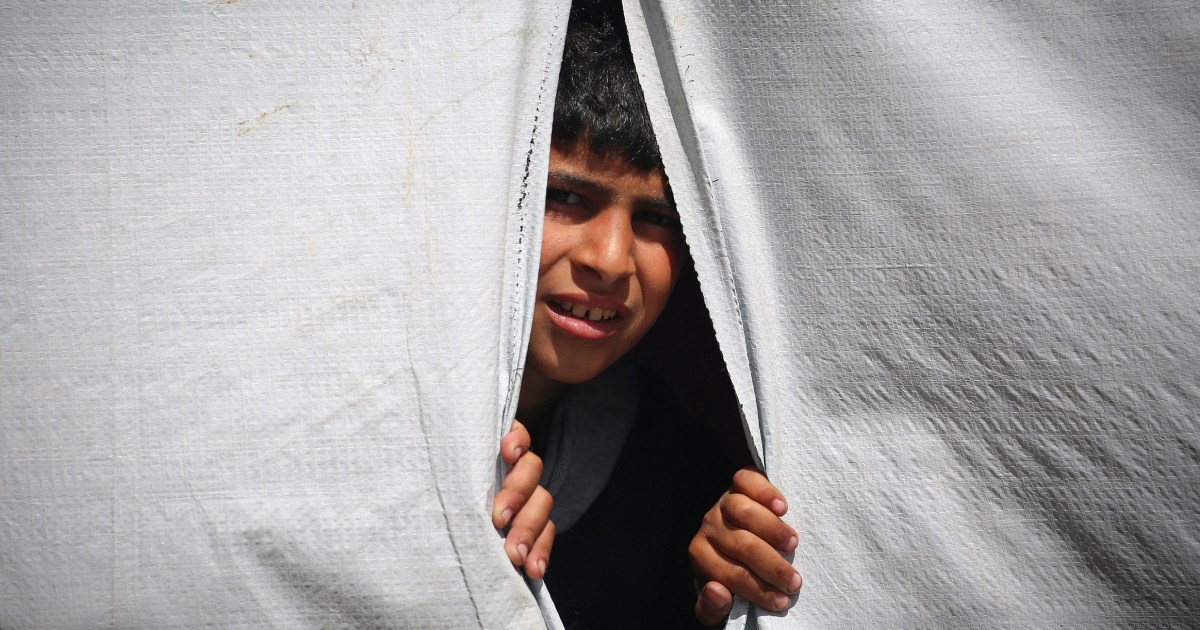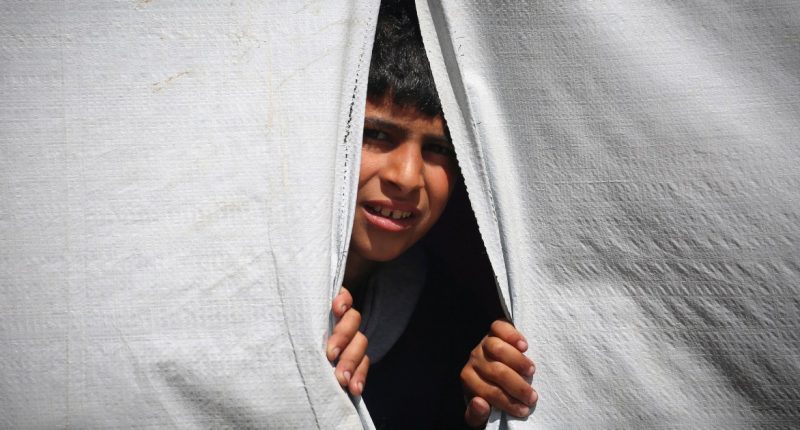
Others quickly heeded the call.
Families packed their cars and trucks with the few possessions they still had after seven months of war and embarked on what was for many just the latest displacement. Others could be seen driving north, the roofs of their vehicles stacked with mattresses, bundles of blankets and other essentials.
The Israeli military said an estimated 100,000 people were being asked to follow what it said was the “temporary” evacuation of eastern Rafah and move to Al-Mawasi, a nearby coastal area where it promised an “expanded humanitarian area” would await them.
Lt. Col. Nadav Shoshani, an Israel Defense Forces spokesperson, said this was a “limited scope operation” and would not be “wide-scale.”
Israel has said for months that it will launch a ground assault on Rafah, home to 1.4 million people before the conflict, to target Hamas leaders, defying pressure from the United States and others who have warned that such an attack threatened devastating consequences for the Palestinians sheltering there, already facing limited food and aid.
The evacuation order followed a Hamas attack launched from Rafah on Sunday that the IDF said killed four Israeli soldiers at a border crossing, though the IDF would not say whether its operation Monday was a response.
The militant group said in a statement that an attack on the city “will not be a picnic” for the Israeli army. Izzat Al-Rishq, an official in Hamas’ political wing and a seasoned negotiator, repeated that message and added that “any military operation in Rafah will put the negotiations in jeopardy.”
Israeli Prime Minister Benjamin Netanyahu’s office put the blame for the stalled cease-fire talks on Hamas, saying they had “sabotaged” a deal by refusing to budge from their position. But two sources told NBC News that talks had not collapsed, with CIA Director Bill Burns on the ground in a bid to rescue a truce deal that would also secure the release of hostages still held in Gaza in exchange for Palestinian prisoners in Israel.
As each side accused the other of torpedoing a deal, some analysts speculated that the evacuation orders for eastern Rafah might represent another negotiating tactic.
But their impact was not in doubt for residents of Rafah.
“They told us to evacuate, and here we are doing so,” said Mahmood Wahba as he prepared to flee for the city of Khan Younis, near Al-Mawasi.
“We hope that God will bring us goodness, God willing,” he said as he and his family loaded a car with their possessions.
Wahba said his family had heard of the order on the internet, while the IDF had also spread its message through air-dropped flyers, text messages and loudspeakers.
Source: | This article originally belongs to Nbcnews.com









